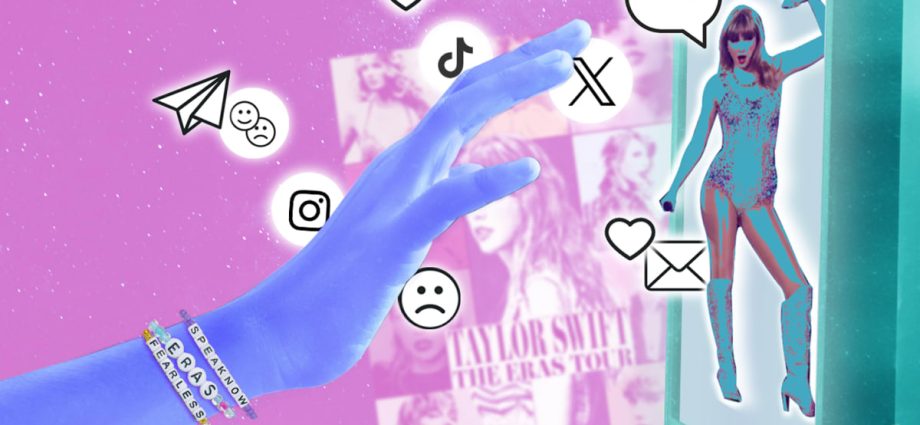
Moreover, when celebrities use their platform to talk about their personal struggles, it destigmatises “something so serious that has a lot of stigma and concern”, like chronic suicidal ideation or self-harm, Dr Riard said.
She pointed to videos of American singer-actress Lady Gaga – who has openly spoken about her history of self-harm – giving advice to youths that a mental health practitioner might share in a client session.
“Sometimes it can be really powerful (to hear it) from (the celebrity’s) perspective because of the social connection (fans) already have with that person,” she noted.
So parasocial relationships can confer the benefits of a “real relationship”, Ms Lee, the PhD student, argued. “Of course, assuming that you are interacting with a group and not having this isolated experience.”
BEING A FAN – AND HAVING FANS
Despite the death threats he’s received, Mr Hourihane, the pop culture content creator, still sees the positive effect of parasocial relationships. After all, such relationships he’s formed with various popstars have allowed him to forge his own career path – and create a community he didn’t have growing up.
His videos on his fast-growing YouTube channel adopt a critical lens to discuss “things that people might consider lowbrow”, including content not about Taylor Swift, because he “wasn’t taken seriously for liking those things”, he said.
With his specific area of interest being female musicians, he’s even more mindful to flesh out thoughtful angles “to give them the analytical approach they deserve”. Much criticism against fans “dovetails with misogyny”, he has observed.
“A lot of times, people disregard what teenage girls are interested in. (You may think) Oh, you’re so above this, you think that it has nothing to do with you. But what we don’t realise is that what teenage girls are interested in – news, popular culture – informs everything about the channels of music we are exposed to,” he added.
“There’s a trickle-down effect. In fact, every gym playlist that you create, every pregame that you organise, is completely informed by fan culture and people rallying behind specific musicians and advocating for them.”
As someone able to empathise from both sides of a parasocial relationship, Mr Hourihane also approaches such interactions “in a more grown-up” way now. His take on such relationships is partly due to being lucky enough to attend a Taylor Swift Secret Session when he was 21, he believes. Secret Sessions are exclusive events where fans are handpicked by Swift herself to listen to an upcoming album with her in person.
“(Seeing her in real life) made me very appreciative of the fact that she’s a human being, and I think a lot of my content now revolves around viewing her from that perspective. She’s not just a machine that creates things for my entertainment; and because she’s a person, she can handle a little bit of constructive criticism,” he recalled.
“I think idolising her to an extent where she’s completely immune from any sort of comment or suggestion is detrimental to her work. It’s very dehumanising to put her in a position where she can do no wrong.”

